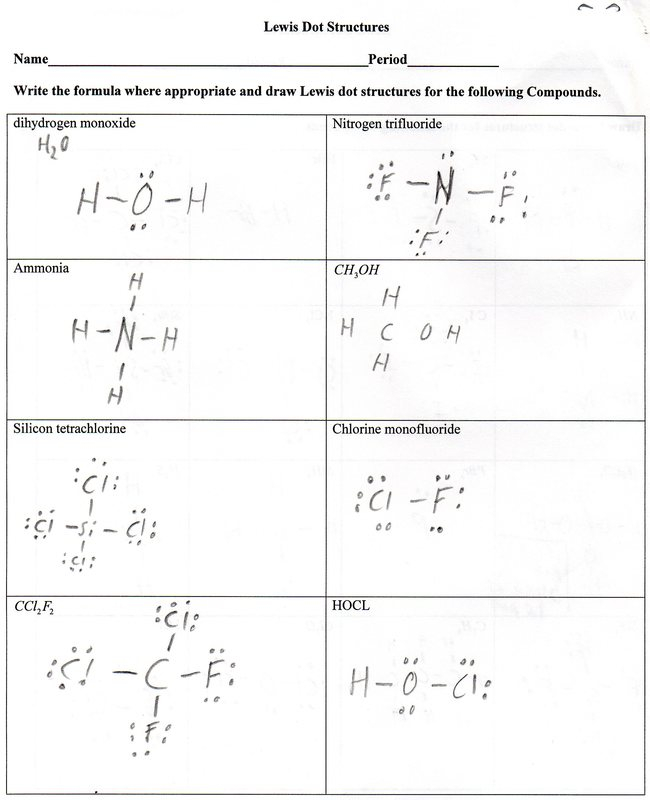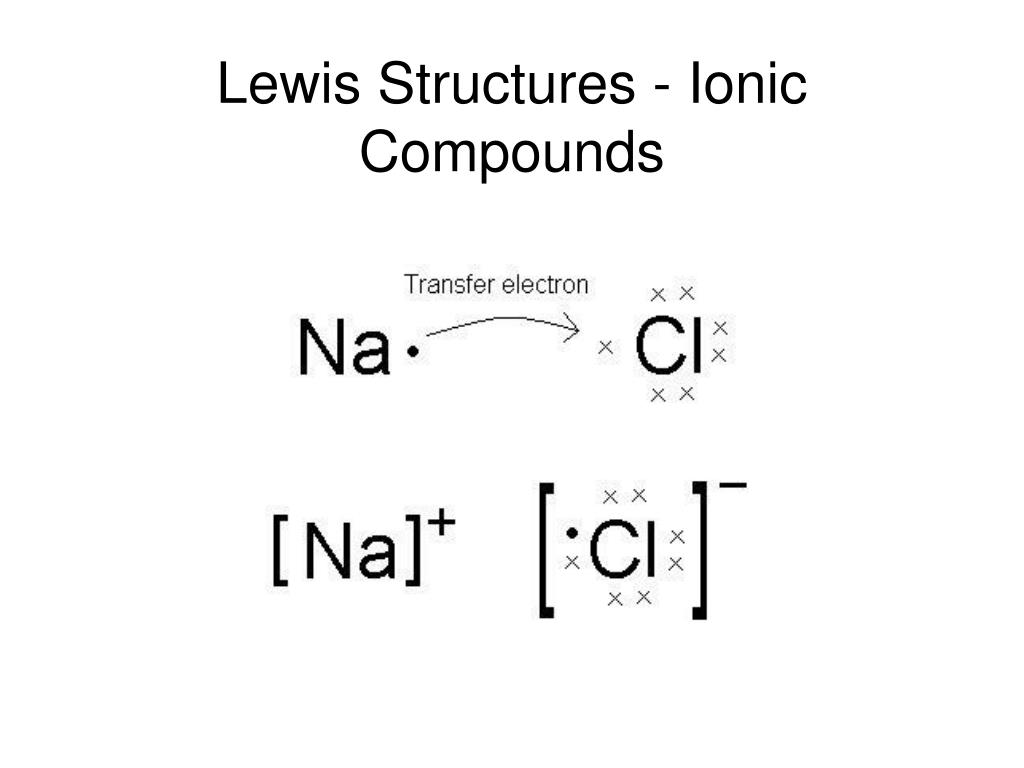Ionic Bonding Lewis Dot Structure Worksheet Answers - The resulting cations and anions form very strong bonds. Model 1 substances are called ionic compounds and model 2 substances are called covalent molecules. Write a simple rule that will allow you. An ionic bond is an attraction of a cation for an anion resulting from the transfer of electrons. Then, write the chemical formula and. For each of the following elements, draw lewis dot diagrams and arrows to show the transfer of electrons. Ionic bonds occur when metal atoms transfer electrons to nonmetallic atoms.
Model 1 substances are called ionic compounds and model 2 substances are called covalent molecules. Ionic bonds occur when metal atoms transfer electrons to nonmetallic atoms. The resulting cations and anions form very strong bonds. Write a simple rule that will allow you. Then, write the chemical formula and. An ionic bond is an attraction of a cation for an anion resulting from the transfer of electrons. For each of the following elements, draw lewis dot diagrams and arrows to show the transfer of electrons.
Write a simple rule that will allow you. Model 1 substances are called ionic compounds and model 2 substances are called covalent molecules. Then, write the chemical formula and. An ionic bond is an attraction of a cation for an anion resulting from the transfer of electrons. For each of the following elements, draw lewis dot diagrams and arrows to show the transfer of electrons. Ionic bonds occur when metal atoms transfer electrons to nonmetallic atoms. The resulting cations and anions form very strong bonds.
Lewis Dot Structure Worksheet With Answers
Ionic bonds occur when metal atoms transfer electrons to nonmetallic atoms. For each of the following elements, draw lewis dot diagrams and arrows to show the transfer of electrons. Write a simple rule that will allow you. Model 1 substances are called ionic compounds and model 2 substances are called covalent molecules. Then, write the chemical formula and.
Ionic & Covalent Bond Lewis or Electron Dot Diagrams Part 1 FREE
Then, write the chemical formula and. An ionic bond is an attraction of a cation for an anion resulting from the transfer of electrons. Model 1 substances are called ionic compounds and model 2 substances are called covalent molecules. For each of the following elements, draw lewis dot diagrams and arrows to show the transfer of electrons. Ionic bonds occur.
Dot Diagrams For Ionic Compounds Worksheet Answers
Then, write the chemical formula and. An ionic bond is an attraction of a cation for an anion resulting from the transfer of electrons. Ionic bonds occur when metal atoms transfer electrons to nonmetallic atoms. Model 1 substances are called ionic compounds and model 2 substances are called covalent molecules. Write a simple rule that will allow you.
Lewis Structure Questions And Answers Lewis Structures Works
Ionic bonds occur when metal atoms transfer electrons to nonmetallic atoms. An ionic bond is an attraction of a cation for an anion resulting from the transfer of electrons. The resulting cations and anions form very strong bonds. Write a simple rule that will allow you. Model 1 substances are called ionic compounds and model 2 substances are called covalent.
Lewis Structure Questions And Answers Lewis Structures Works
Model 1 substances are called ionic compounds and model 2 substances are called covalent molecules. Ionic bonds occur when metal atoms transfer electrons to nonmetallic atoms. For each of the following elements, draw lewis dot diagrams and arrows to show the transfer of electrons. Write a simple rule that will allow you. An ionic bond is an attraction of a.
Worksheet Chemical Bonding Ionic And Covalent
The resulting cations and anions form very strong bonds. Ionic bonds occur when metal atoms transfer electrons to nonmetallic atoms. Then, write the chemical formula and. For each of the following elements, draw lewis dot diagrams and arrows to show the transfer of electrons. Model 1 substances are called ionic compounds and model 2 substances are called covalent molecules.
Lewis Dot Structure Ionic Bonds Worksheet Printable Word Searches
Model 1 substances are called ionic compounds and model 2 substances are called covalent molecules. The resulting cations and anions form very strong bonds. Then, write the chemical formula and. Write a simple rule that will allow you. For each of the following elements, draw lewis dot diagrams and arrows to show the transfer of electrons.
SOLUTION Ionic Bonding Lewis Dot Structure & Covalent Bonding
Ionic bonds occur when metal atoms transfer electrons to nonmetallic atoms. Then, write the chemical formula and. An ionic bond is an attraction of a cation for an anion resulting from the transfer of electrons. Model 1 substances are called ionic compounds and model 2 substances are called covalent molecules. For each of the following elements, draw lewis dot diagrams.
Free Printable Lewis Dot Structure Worksheets Worksheets Library
Model 1 substances are called ionic compounds and model 2 substances are called covalent molecules. Write a simple rule that will allow you. Then, write the chemical formula and. The resulting cations and anions form very strong bonds. For each of the following elements, draw lewis dot diagrams and arrows to show the transfer of electrons.
Lewis Dot Structure For Ionic Compounds Worksheets Answers
Ionic bonds occur when metal atoms transfer electrons to nonmetallic atoms. The resulting cations and anions form very strong bonds. An ionic bond is an attraction of a cation for an anion resulting from the transfer of electrons. For each of the following elements, draw lewis dot diagrams and arrows to show the transfer of electrons. Write a simple rule.
An Ionic Bond Is An Attraction Of A Cation For An Anion Resulting From The Transfer Of Electrons.
For each of the following elements, draw lewis dot diagrams and arrows to show the transfer of electrons. Model 1 substances are called ionic compounds and model 2 substances are called covalent molecules. The resulting cations and anions form very strong bonds. Write a simple rule that will allow you.
Ionic Bonds Occur When Metal Atoms Transfer Electrons To Nonmetallic Atoms.
Then, write the chemical formula and.









